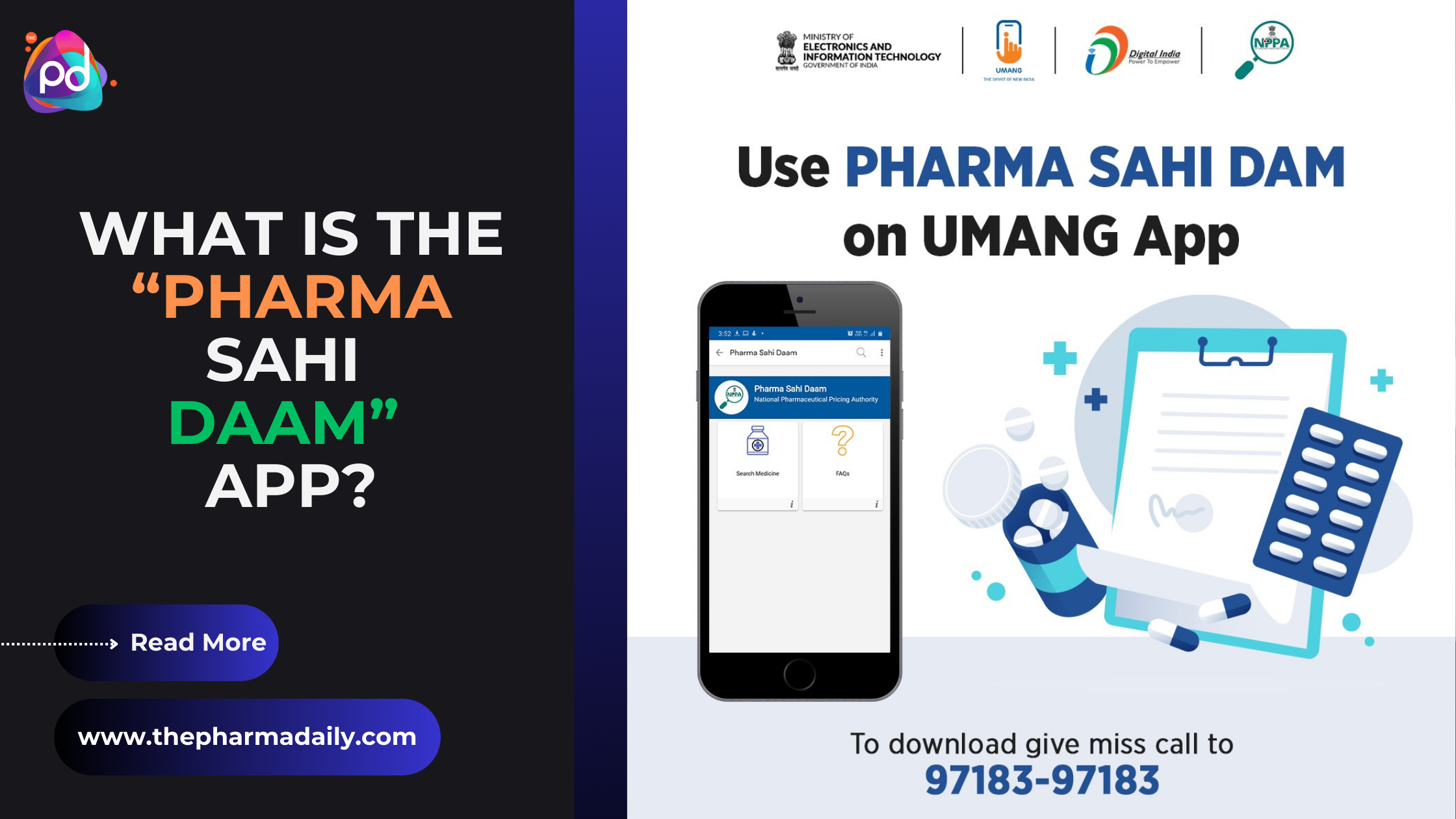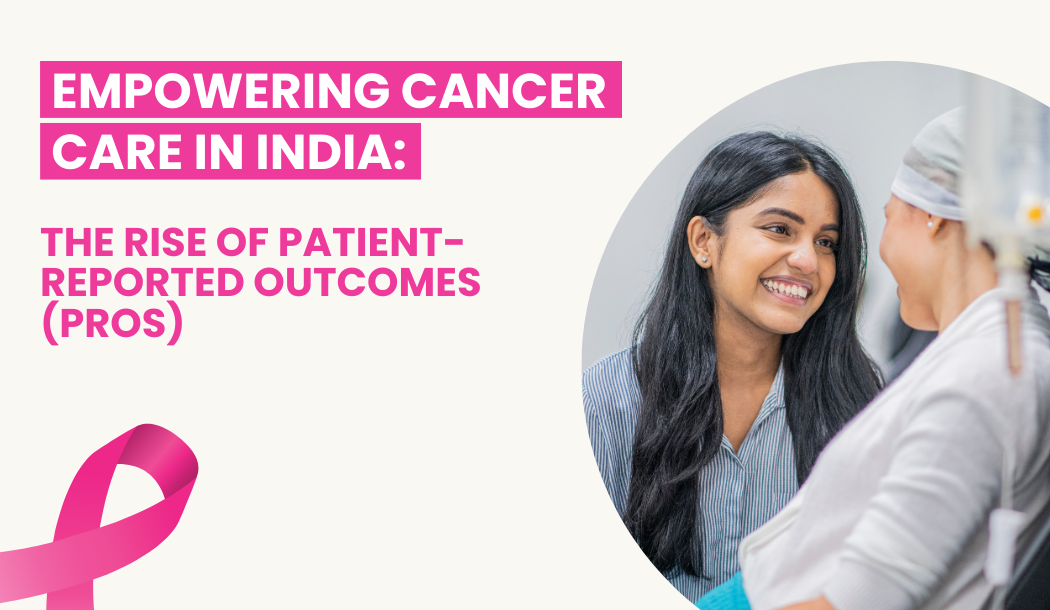Pharma Sahi Daam App: Revolutionizing Medicine Price Transparency in India
What Are The Technical Skills A Newly Pharma Graduate Must Focus On To Start A Career In Pharmacovigilance?
The Evolution of Pharmacovigilance in the AI Era
In the rapidly advancing landscape of pharmacovigilance, the integration of artificial intelligence (AI) technologies has revolutionized the way adverse drug reactions are monitored and managed. As we delve into 2024, pharmacovigilance associates are faced with the imperative need to adapt and acquire new skills to navigate this AI-driven world effectively.
Embracing Data Analytics and Machine Learning
One of the fundamental skills for pharmacovigilance associates in 2024 is proficiency in data analytics and machine learning. The ability to analyze vast amounts of data efficiently and derive meaningful insights is crucial in identifying potential safety concerns associated with pharmaceutical products. Understanding machine learning algorithms and their application in signal detection enhances the capacity to detect adverse events accurately.
Expertise in AI Technologies
In the era of AI-driven pharmacovigilance, familiarity with AI technologies such as natural language processing (NLP) and deep learning is indispensable. NLP enables the extraction of valuable information from unstructured data sources like medical literature or social media, aiding in signal detection and risk assessment. Knowledge of deep learning algorithms empowers pharmacovigilance professionals to develop predictive models for adverse event monitoring.
Regulatory Compliance and Pharmacovigilance Guidelines
Staying abreast of regulatory requirements and pharmacovigilance guidelines is a non-negotiable skill for pharmacovigilance associates. In 2024, with the evolving regulatory landscape influenced by AI applications, understanding the implications of these changes on pharmacovigilance practices is paramount. Compliance with global regulations ensures that pharmacovigilance activities align with industry standards and best practices.
Communication and Collaboration Skills
Effective communication and collaboration skills are essential for pharmacovigilance associates working in multidisciplinary teams. The ability to convey complex pharmacovigilance data insights to diverse stakeholders, including healthcare professionals, regulatory authorities, and internal teams, fosters transparency and facilitates informed decision-making. Collaboration across departments such as medical affairs, clinical development, and regulatory affairs is vital for comprehensive safety assessment.
Continuous Learning and Adaptability
In a dynamic field like pharmacovigilance, continuous learning and adaptability are key skills for professionals to thrive in the AI-driven world. Keeping pace with technological advancements, attending relevant training programs, and engaging in professional development activities ensure that pharmacovigilance associates remain agile and responsive to industry changes. Embracing a mindset of lifelong learning cultivates resilience and innovation in addressing emerging challenges.
As a newly graduated pharmacist looking to start a career in pharmacovigilance, there are several technical skills you should focus on to enhance your employability and succeed in this field:
1. Knowledge of Medical Products and Good Pharmacovigilance Practices (GVP): Familiarize yourself with the basics of medical products and GVP, which can be acquired through a formal education (e.g., PV degree or qualification) or gained from a working background in the pharmaceutical industry.
2. Attention to Detail: Pharmacovigilance jobs involve monitoring and assessing the benefits vs costs that a patient will experience when using a drug. You must have good attention to detail to accurately record, analyze, and process your findings.
3. Analytical and Problem-Solving Skills: You should be able to observe a risk or side effect of a drug and put in plans to reduce or minimize these. Evaluate the benefit-harm profile of a medical product, make a decision on its safety, and put in the necessary procedures to improve the product or distribute it.
4. Documentation: Writing reports and case narratives are an important part of a pharmacovigilance officer's role. Develop the ability to draw a causal relationship between the drug and its effects, and accurately document side effects and risks into reports submitted to regulatory bodies.
5. Communication Skills: Pharmacovigilance jobs demand excellent communication skills. You will work alongside many different teams of people, including medical professionals, doctors, regulatory bodies, commercial departments, and patients. You need to be able to accurately convey information in a way that can be understood by a number of different audiences.
6. Technical Skills in Safety Data and Clinical Trials: As a pharmacovigilance safety expert, you must have technical skills in safety data and clinical trials. Be familiar with regulations set by the FDA and EMA, and be able to prepare reports for regulatory submission.
7. Proficiency in Software Programs: Pharmacovigilance safety experts must be proficient in using software programs such as Argus and RMP.
8. Safety Data Management: Manage large complex volumes of data that are generated during clinical trials. Be capable of organizing multifaceted data about any adverse events due to the drugs in use and be able to retrieve any data when asked for.
9. Legal and Regulatory Knowledge: Knowledge of laws prescribed by agencies like the Food Drugs Administration, World Health Organization, etc., is crucial for pharmacovigilance professionals.
10. Education and Scientific Knowledge: A life sciences degree is a mandatory educational requirement for any person aspiring to begin a career as a drug safety professional. Knowledge about the business and marketing aspects of the pharmaceutical industry is also important.
By focusing on these technical skills, you'll be well-positioned to start a successful career in pharmacovigilance.
Conclusion
As we venture further into 2024, the role of pharmacovigilance associates is evolving alongside technological innovations driven by artificial intelligence. Equipping oneself with essential skills such as data analytics, AI expertise, regulatory compliance knowledge, communication proficiency, and a commitment to continuous learning is imperative for success in this transformative era of pharmacovigilance. By honing these competencies, pharmacovigilance professionals can navigate the complexities of the AI-driven world with confidence and contribute meaningfully to ensuring drug safety and patient well-being.
This blog post aims to provide insights into the must-have skills for pharmacovigilance associates in 2024 as they embrace the opportunities presented by AI technologies in safeguarding public health.












